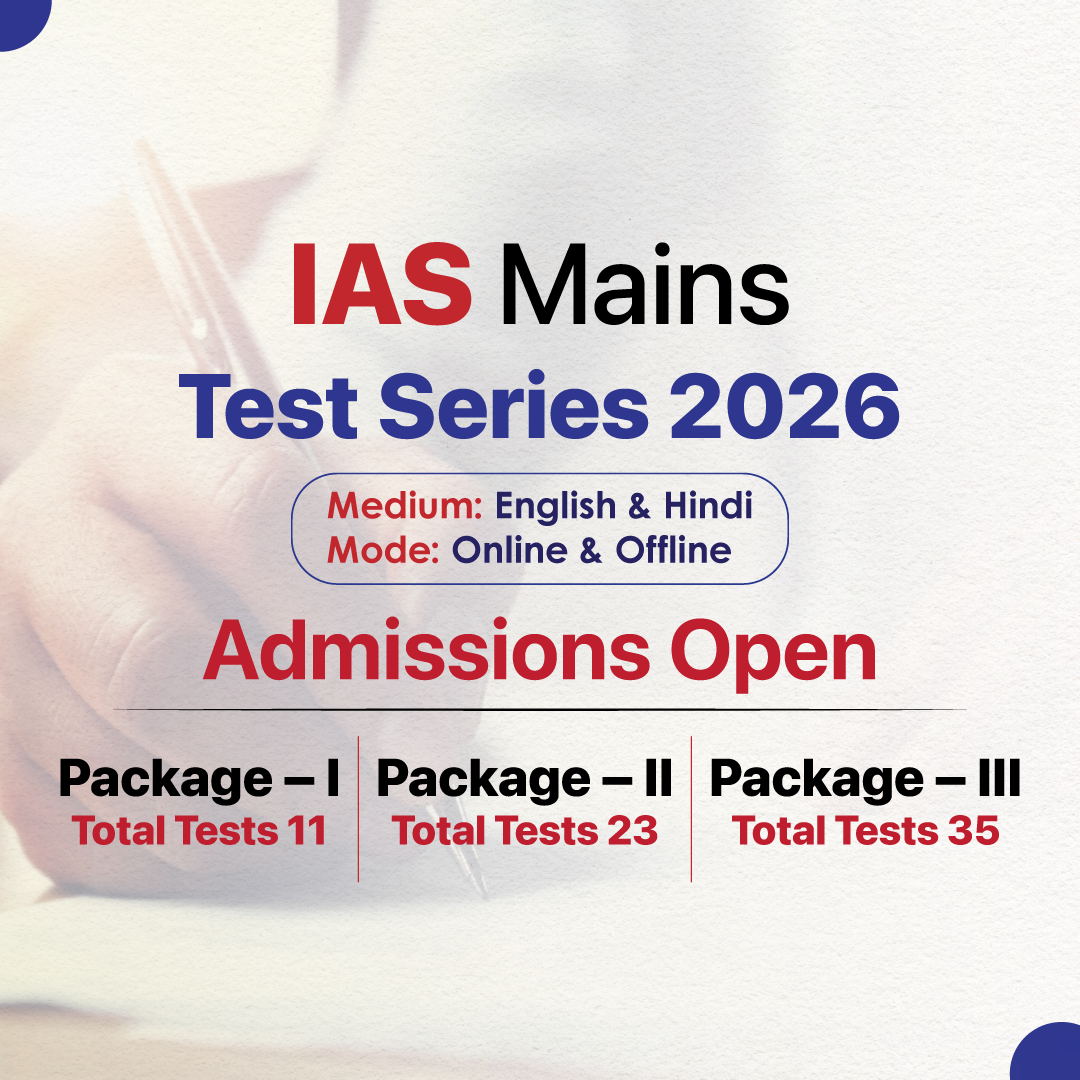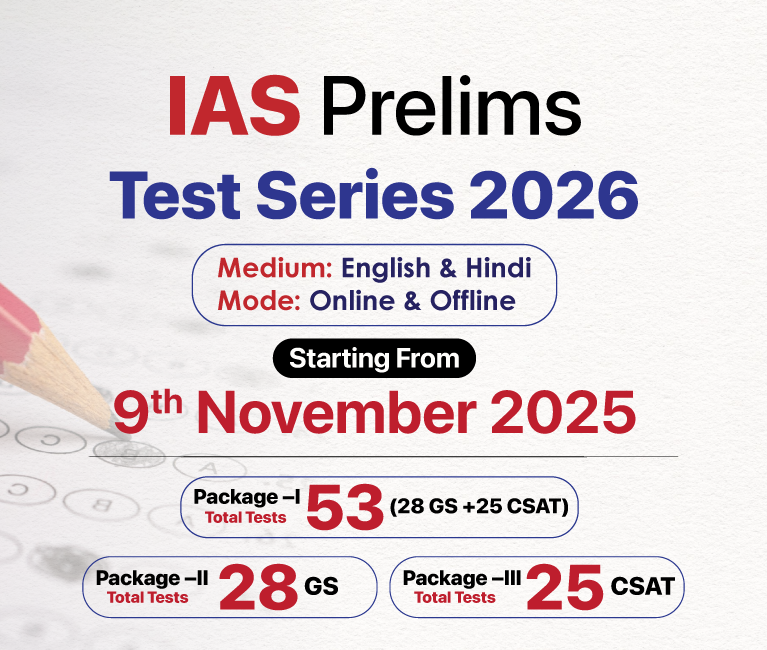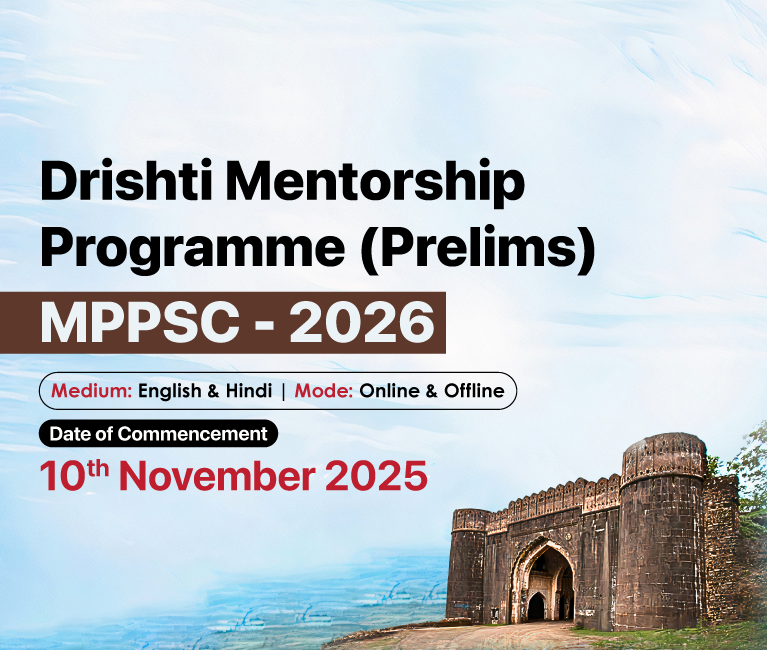Rajasthan Switch to Hindi
Rajasthan Launches "Khushi Shala" Programme
Why in News?
The Rajasthan State Council of Educational Research and Training (RSCERT) has launched a pioneering mental health and well-being initiative, Khushi Shala, aimed at students in classes 1-5.
- Rajasthan is the first state in India to introduce such a programme in primary education.
Key Features
- Objective: The programme seeks to promote mental well-being among young students by teaching them how to handle both success and failure.
- It encourages children to embrace their learning journey without getting demotivated by setbacks.
- Core Components:
- Mindfulness Exercises: Activities to foster awareness of the connection between body and mind.
- Compassion Development: Activities designed to nurture compassion among students.
- Self-Discovery Guidance: Helping students identify their personal values and pursue what matters to them.
- Pilot Project (2024): Conducted in 30 schools each in the Sirohi and Banswara districts, training 120 teachers to observe changes in students.
- Teacher Training:
- After the pilot project, 165 teachers were trained to form a State Resource Group. These teachers are now training additional educators at the district level.
- By December 2025, the department plans to have 40 trained teachers in every district, with an eventual target of training approximately 12,000 teachers statewide.
- The goal is to ensure at least one trained teacher in every panchayat.
- Teacher Handbooks:
- Specialized handbooks for classes 1-5 have been developed in partnership with Kshamtalaya Foundation and Brio, a US-based non-profit organization.
- These handbooks have been designed, reviewed, approved, and printed for master trainers.
- Mobile-friendly versions of the handbooks will be available to all primary school teachers starting December.
Rajasthan Switch to Hindi
Launch of Adarsh Veda Vidyalayas in Rajasthan
Why in News?
In a bid to promote and expand Sanskrit education across the state, Rajasthan's Sanskrit Education Minister Madan Dilawar announced the launch of Adarsh Veda Vidyalayas at all divisional headquarters starting from 1st April 2026.
Key Points
- About: The initiative aims to promote Sanskrit education at the divisional level across Rajasthan.
- In the first phase, four Adarsh Veda Vidyalayas have been established, currently functioning from temporary campuses in Sanskrit Education Department buildings or other government structures.
- The current centres are in Hathoj (Jaipur), Taratara Math (Barmer), Pushkar (Ajmer), and Pili Village (Bharatpur).
- Infrastructure Development:
- Each Veda Vidyalaya will have four expert teachers in Vedic education and can deploy five departmental personnel for administrative support.
- Land has been allocated for the construction of permanent campuses for the Adarsh Veda Vidyalayas across all seven divisions, including locations in Hathoj (Jaipur), Pushkar (Ajmer), Pili (Bharatpur), Chechat (Kota), Gomrakh (Jodhpur), Bhatewar (Udaipur), and Nalbari (Bikaner).
- Vedic Traditions:
- Vedic Gurukuls and Vedic Tourism Centers must operate in full accordance with traditional Vedic practices.
- Trained personnel with knowledge of Vedic traditions and the Vedas will be appointed to these centers.
- Formation of the Vedic Sanskar and Education Board: In April 2025, the Rajasthan government established the Vedic Sanskar and Education Board to oversee the operation of all Vedic schools, including newly established Vedic schools at the divisional level and three Vedic Gurukuls.
Rajasthan Switch to Hindi
Kusum Scheme Saves Over Rs 282 Crore
Why in News?
Rajasthan power distribution companies (Discoms) have saved over Rs 282 crore in the last 18 months through the Kusum scheme, which focuses on solarising agricultural connections and enabling farmers to generate income from barren and semi-barren land.
Key Points
- About: Rajasthan is leading the country in Component-A of the scheme, which allows farmers to set up plants with capacities up to 2 MW. The state also ranks third in Component-C.
- Infrastructure: The state has accelerated the implementation of the scheme, with 942 solar plants installed, having a combined capacity of 2,100 MW in just 20 months.
- To date, 1.36 lakh solar pumps are operational across 41 districts, powered by 1,034 solar plants. In 22 districts, these pumps operate in two shifts.
- Rajasthan targets 11,632 MW of solar capacity by March 2026, which is expected to further reduce power purchase costs.
PM-KUSUM Scheme
- About:
- Launched in 2019, the PM-KUSUM (Pradhan Mantri Kisan Urja Suraksha evam Utthaan Mahabhiyan) scheme is a flagship initiative by the Government of India, aimed at transforming the agricultural sector through solar energy solutions.
- The scheme promotes the use of solar energy in farming and seeks to increase farmers' income by reducing irrigation costs and enabling them to sell surplus solar power to the grid.
- Components:
- Component-A: Installation of 10,000 MW decentralized solar power plants on barren, fallow, pasture, marshy, and cultivable lands of farmers.
- Component-B: Installation of 20 lakh stand-alone solar pumps in off-grid areas for irrigation.
- Component-C: Solarisation of 15 lakh grid-connected agricultural pumps, which includes both individual pump solarisation and feeder-level solarisation.
- Objectives:
- Reduce Dependence on Diesel: The scheme encourages the use of solar-powered pumps for irrigation, reducing reliance on costly diesel-powered pumps.
- Increase Farmers' Income: By enabling farmers to sell excess solar energy to the grid, the scheme enhances their financial stability.
- Enhance Water and Energy Security: Solar pumps and community irrigation projects improve water and energy security for farmers.
- Environmental Impact: By replacing conventional energy sources with solar energy, the scheme reduces environmental pollution and promotes clean energy.




.jpg)



.jpg)



.jpg)
.jpg)






-2026-web-eng.png)
-2026-mob-eng.png)
.png)


.jpg)



 PCS Parikshan
PCS Parikshan

